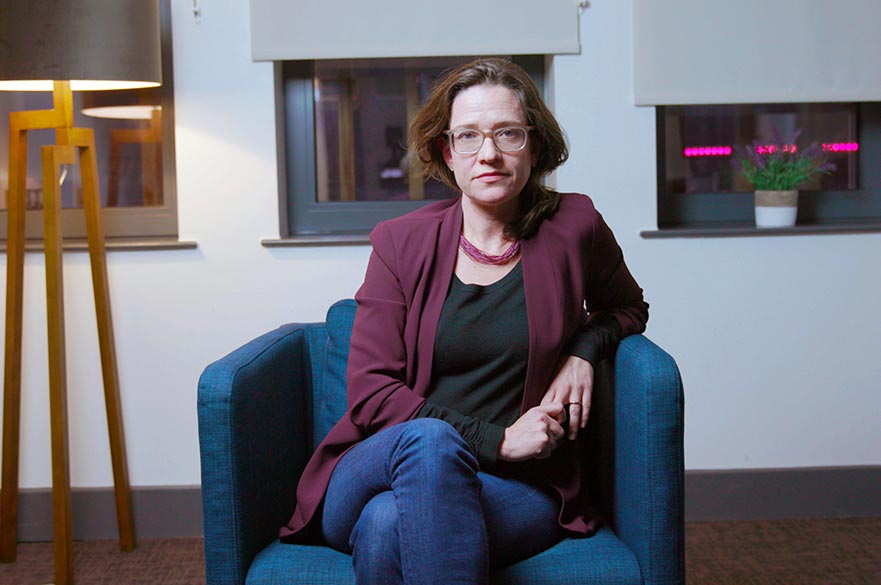A step change: helping to eradicate HIV transmissions
Anthony Gifford, Doctoral Researcher
AIDS has taken the lives of over 41 million people. Today, around 38 million people around the world live with HIV. The height of the AIDS epidemic in the 1980s created serious collective trauma for a lot of gay men. As a gay man myself, I’m always moved by my older friends’ accounts of life during this time.
What inspired my research?
Before my research career, I was a professional dancer. I trained at the Northern Ballet School and performed all over the world before the COVID-19 pandemic, which devastated the dance industry at the time. I decided it was time to start a new chapter, and I returned to education to complete a master's degree in Psychology.
In 2020, a drug called Pre-exposure Prophylaxis (PrEP) - which prevents the transmission of HIV - became available through the NHS. However, due to issues around stigma and social and structural inequalities, many of the people who need this drug are struggling to access it.
I didn’t know what I wanted to do after my Master’s degree. But I’d been following the rollout of PrEP and shared my concerns with friends that there wasn’t enough noise being made about it. They told me I should do something about it – so I did.
I spoke to one of my professors, he supported my PhD application, and everything fell into place. I met my incredible supervisors and joined a community of academics who are working to increase awareness of this amazing medicine.
Eradicating HIV transmissions
I’m researching the psychosocial influences that affect people’s thinking around PrEP. A lot of queer people experience barriers that stop them from taking the drug because of how our community has been treated. There remains a lot of mistrust in sexual health services, and fears of side-effects. My research unpacks these psychological fears and educates people to make safer, informed choices.
I want to improve the lives of at-risk individuals in the community I’m proud to be a part of. Now, my research is enabling me to do exactly that. I’m raising awareness of the benefits of PrEP and aim to guide government policy for its roll out across the UK.
Many countries want to eradicate new HIV transmissions by 2030. Hopefully, through research like mine, we can reach this goal and put an end to the devastation of HIV/AIDS for good. It’s amazing to think the work I do is playing a small part in tackling such a widespread, global issue.
My experience at NTU
NTU is a fabulous place to complete a PhD. I am based in a big department - it’s hard not to be blown away by the number of experts around me. My path into research wasn’t a traditional one, so I hope my story can diversify common routes into research and inspire others. If you’re curious and have a thirst for knowledge, becoming a researcher is a great way to quench it.
Follow my story
My story doesn’t end here. Keep up to date with me and my research by keeping an eye on my academic profile or following me on Twitter @GiffPsych. For anything else, please feel free to email me on anthony.gifford@ntu.ac.uk.
Anthony Gifford
Anthony is a PhD candidate in the School of Social Sciences, with a focus on the psychosociological influences on the decision to take PrEP amongst the MSM community.
Support my research
This vital research is on-going, and you can help by taking part. I am looking for volunteers who fit the following inclusion criteria: individuals over the age of 16, assigned male at birth and who have sex with other men. If you fit this criteria, have a smart phone, tablet or online device, and a spare 15 minutes of time to answer some questions, then I would be so grateful for your participation. Simply follow the below link to an online survey and answer all the questions. Your participation will help further research that is aiming to eradicate new HIV transmissions and empower people to make informed choices about their sexual health.
Meet the researchers
Forget lab coats and research papers. It's time to get personal. Meet the people behind the research and uncover fascinating truths about their experience.


Richard Arm
Real lives, fake organs
Explore how Richard is using his visual effects background to save lives